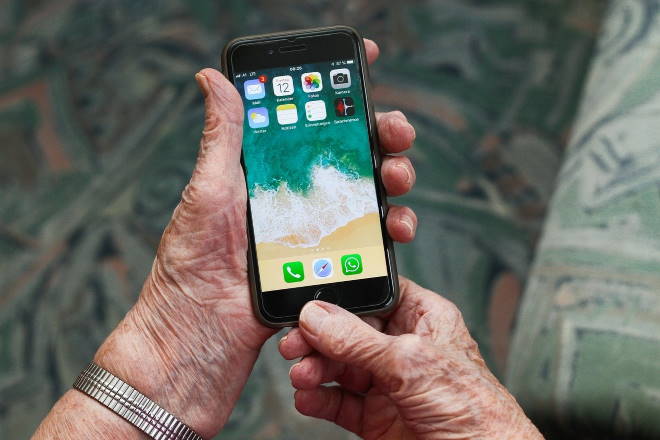Insomnia Treatment: Options for Managing Sleep Difficulties
Insomnia is a common sleep problem that can make it hard to fall asleep, stay asleep, or return to sleep after waking. It often leaves people feeling tired during the day, reduces concentration, and affects overall health and daily functioning. Treatment approaches vary depending on causes and severity, and can include behavioral strategies, lifestyle changes, and clinical interventions.

This article is for informational purposes only and should not be considered medical advice. Please consult a qualified healthcare professional for personalized guidance and treatment.
How does insomnia affect health?
Insomnia affects multiple aspects of health, including mood, cognitive performance, and physical recovery. Chronic sleep loss can worsen existing conditions such as anxiety, depression, and cardiovascular issues, and it may reduce immune resilience. Short-term insomnia can still lead to daytime tiredness, slower reaction times, and impaired decision-making. Addressing sleep problems early helps limit these downstream effects and supports overall health maintenance.
What non-medicine treatments are effective?
Non-medicine treatments focus on changing behaviors and habits that disrupt sleep. Cognitive Behavioral Therapy for Insomnia (CBT‑I) is an evidence-based approach that helps people reframe unhelpful thoughts about sleep, establish consistent sleep schedules, and modify sleep-related behaviors. Other strategies include stimulus control (making the bed reserved for sleep and sex), sleep restriction (reducing time in bed to consolidate sleep), relaxation training, and improving sleep hygiene like limiting evening screen time and caffeine intake. These approaches are often first-line because they avoid medication side effects.
When might medicine be considered for treatment?
Prescription or over-the-counter sleep medicine can be useful for short-term relief or specific medical situations, but they carry risks and are not always a long-term solution. Doctors may consider medicine when insomnia severely impacts functioning, when rapid symptom control is needed, or when non-medicine methods have not helped. Common options include short-acting hypnotics, certain antidepressants at low doses, or melatonin in some cases. A clinician will weigh potential benefits against side effects, interactions with other drugs, and risks such as tolerance or daytime drowsiness.
Why do people still feel tired after treatment?
Remaining tired despite treatment can result from several factors: untreated underlying conditions (pain, sleep apnea, mood disorders), inadequate duration or adherence to behavioral programs, inappropriate medication choice or dosing, or lifestyle factors like shift work. Sleep quality—how restorative the sleep is—matters as much as quantity. Monitoring sleep patterns, reviewing coexisting medical issues, and adjusting treatment with a clinician or therapist can help identify and address sources of persistent tiredness.
How can a therapist support insomnia recovery?
A trained therapist, particularly one experienced in CBT‑I, plays a central role in addressing the psychological and behavioral contributors to insomnia. Therapists teach skills to change sleep-related thoughts and habits, provide structured programs for sleep scheduling, and guide relaxation and stress-management techniques. They can also coordinate care with physicians if medicine is being considered, monitor progress, and help relapse prevention. For many people, combining therapist-led behavioral treatment with medical oversight yields better long-term outcomes than medication alone.
Conclusion
Managing insomnia typically requires a tailored plan that considers lifestyle, mental and physical health, and treatment preferences. Behavioral therapies and sleep habit adjustments are foundational, with medicine used selectively under medical guidance. Working with qualified professionals—primary care providers, sleep specialists, and therapists—helps ensure treatments match individual needs and reduce the risk of persistent tiredness or complications.




